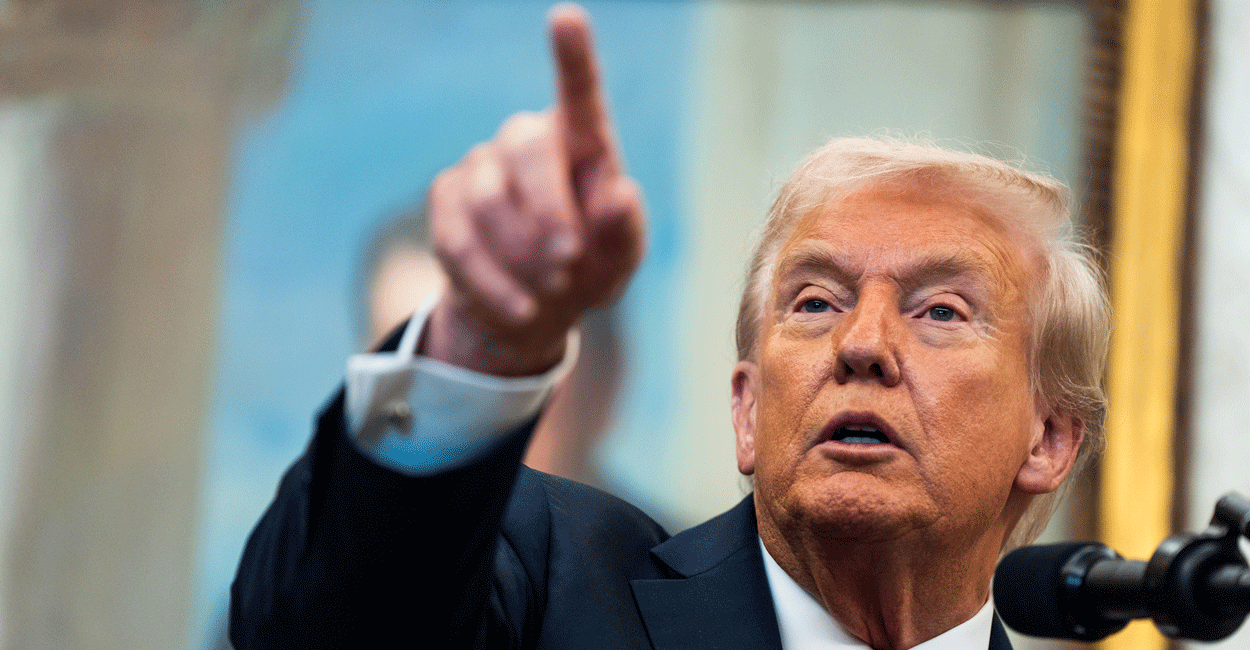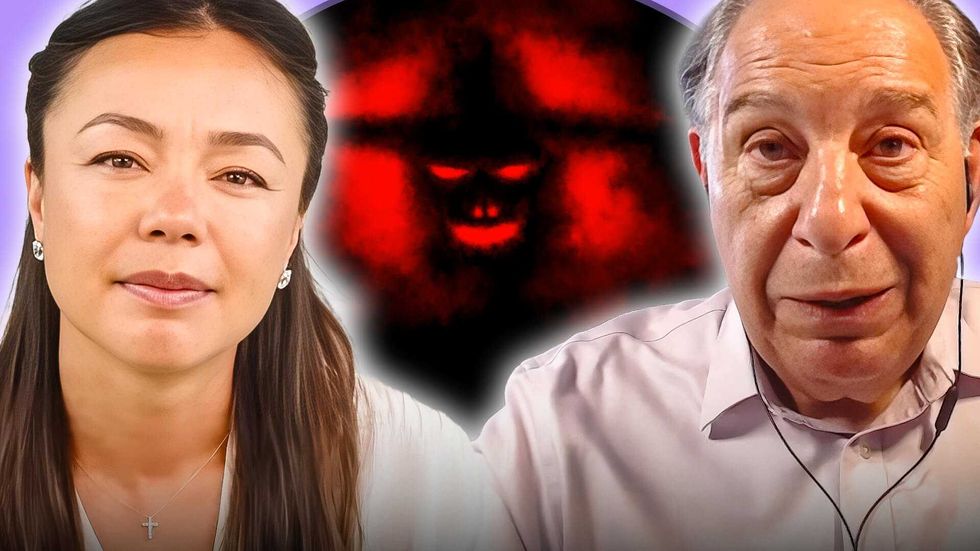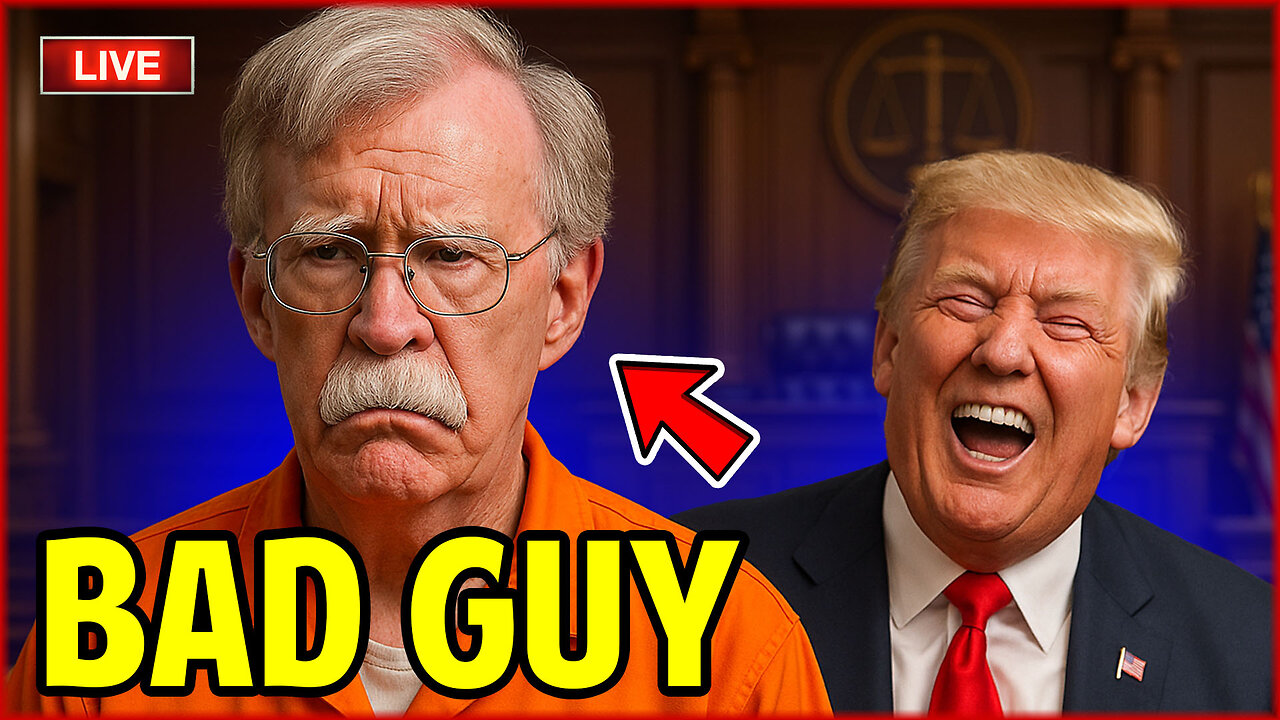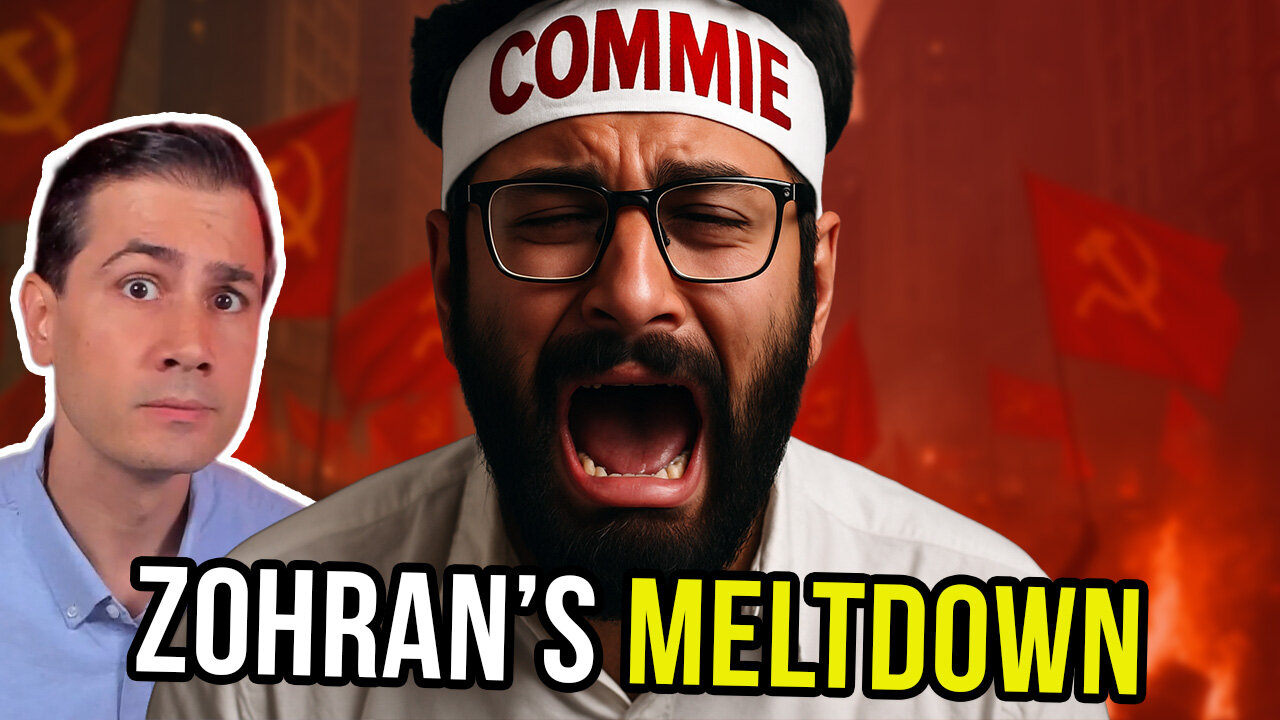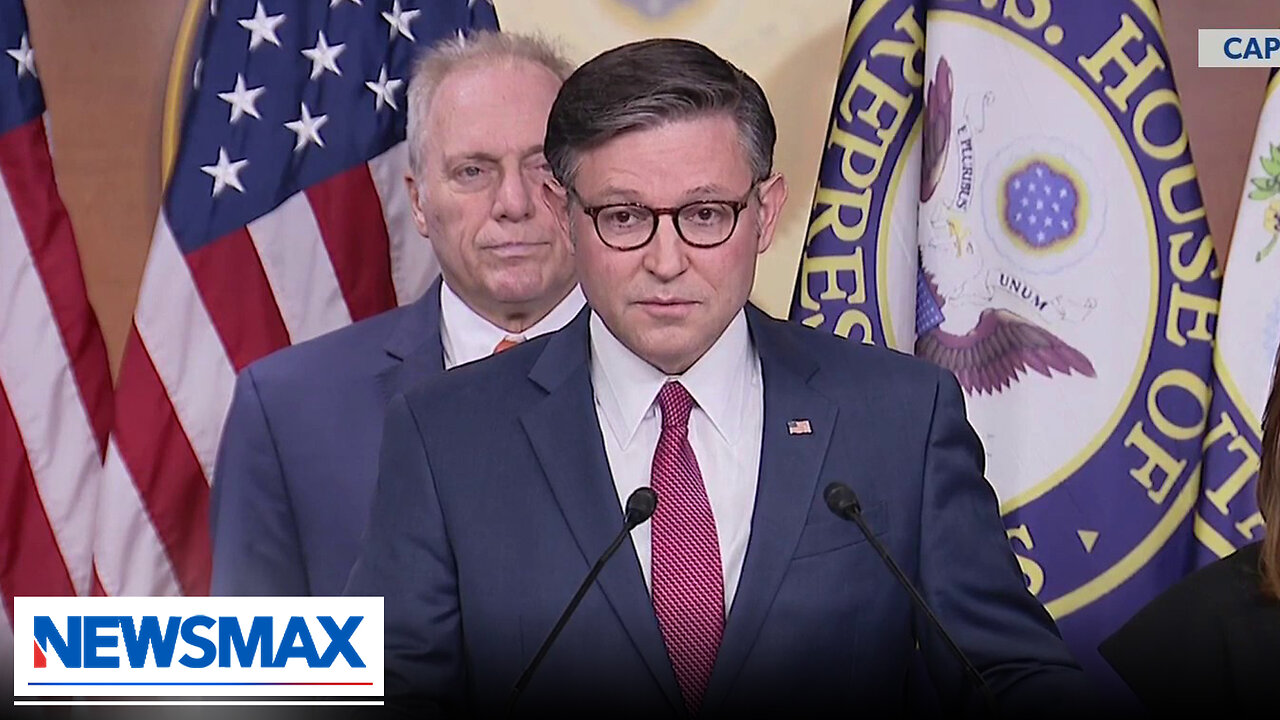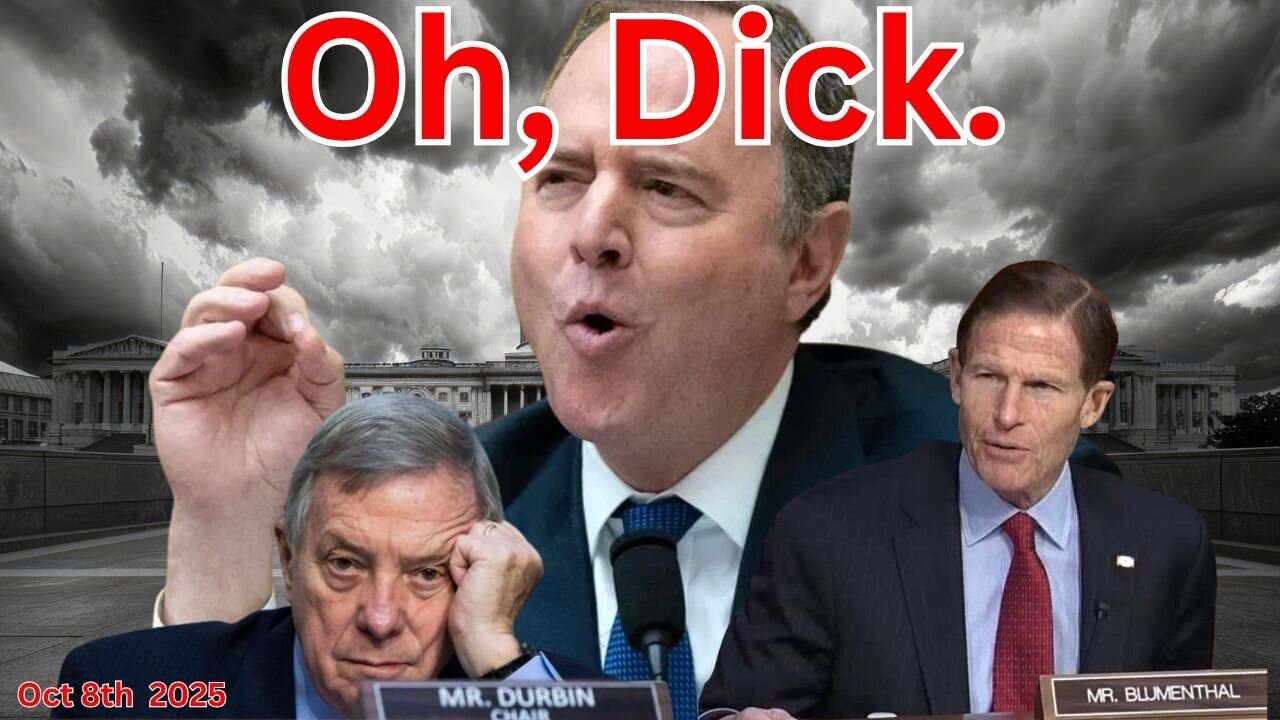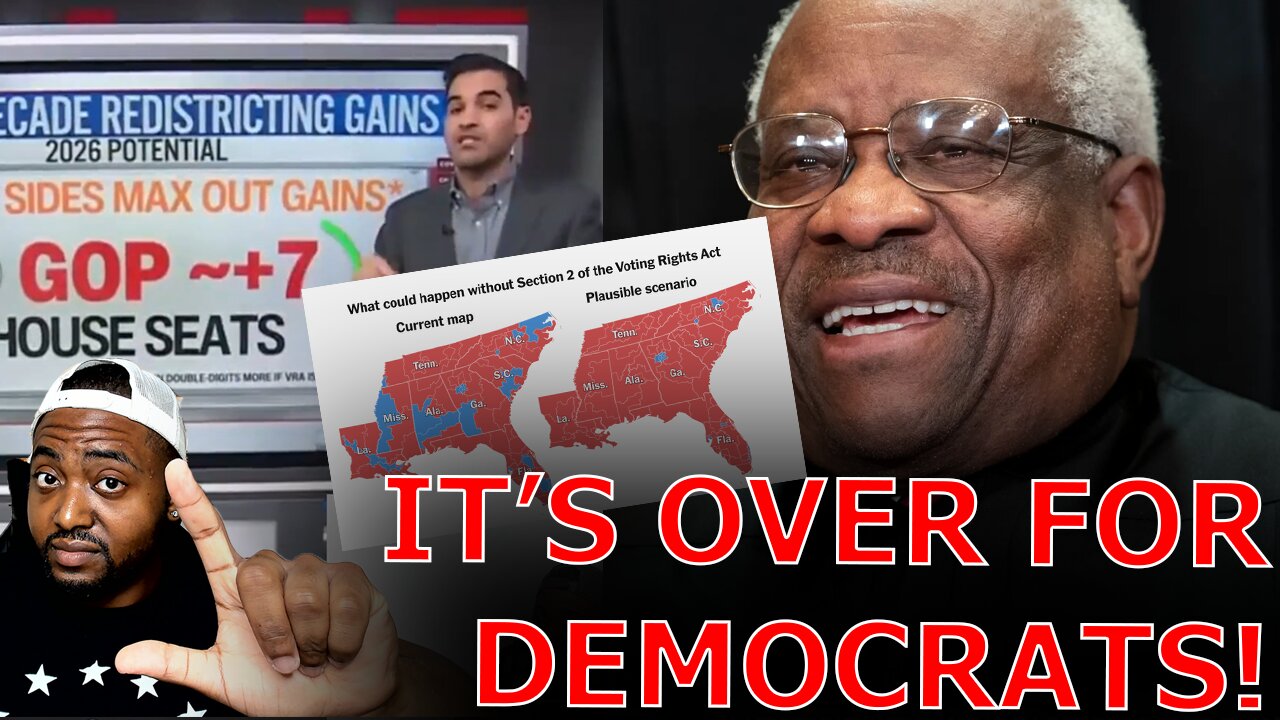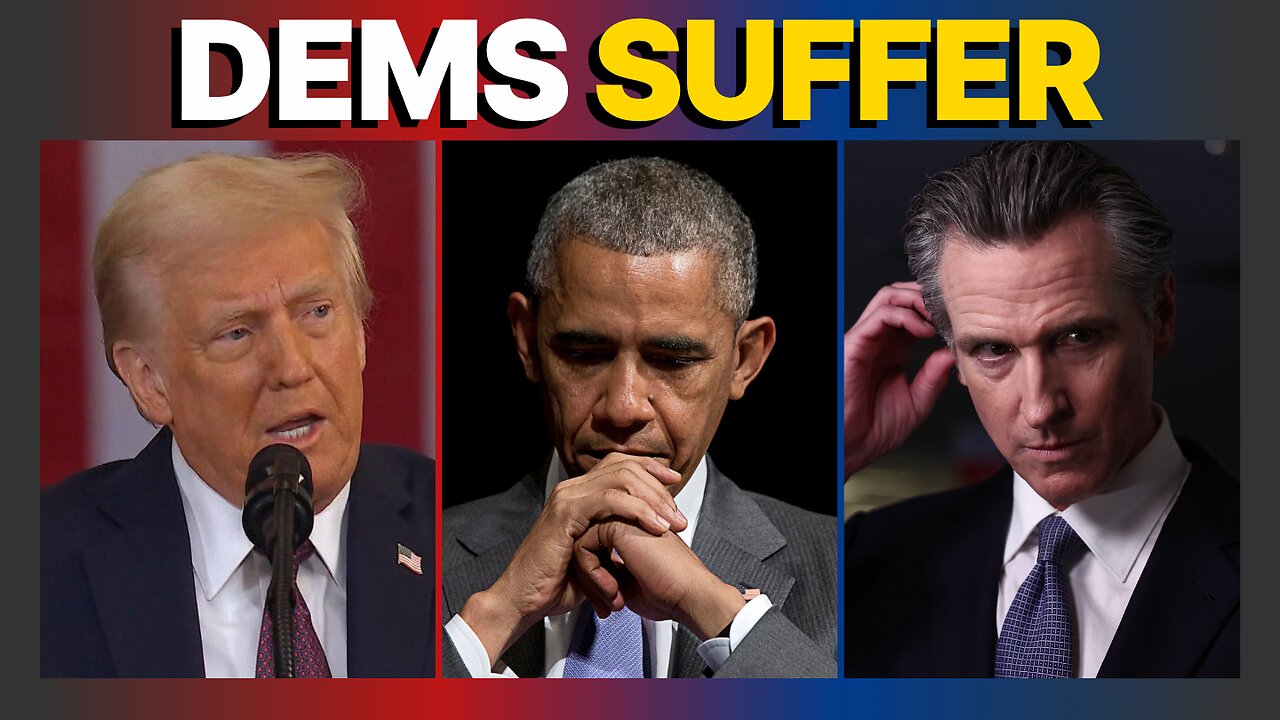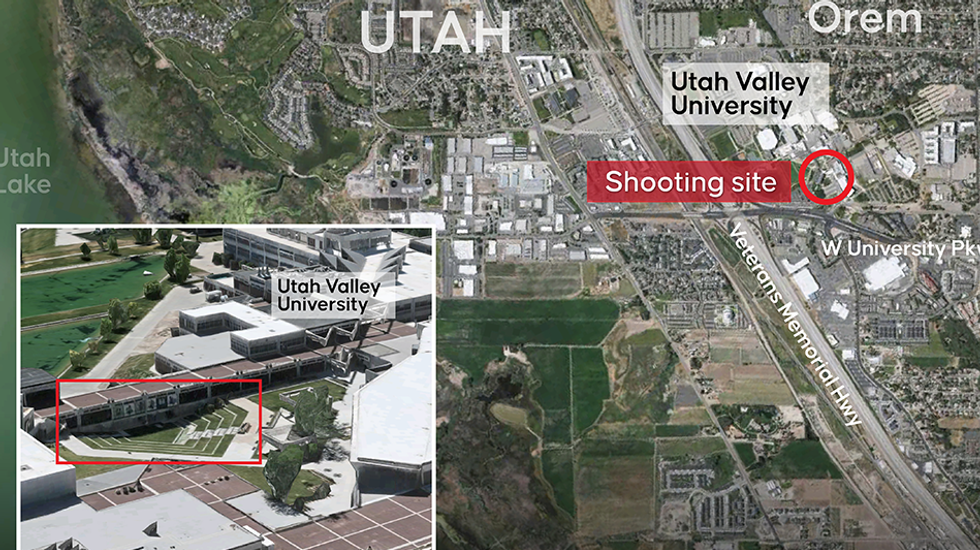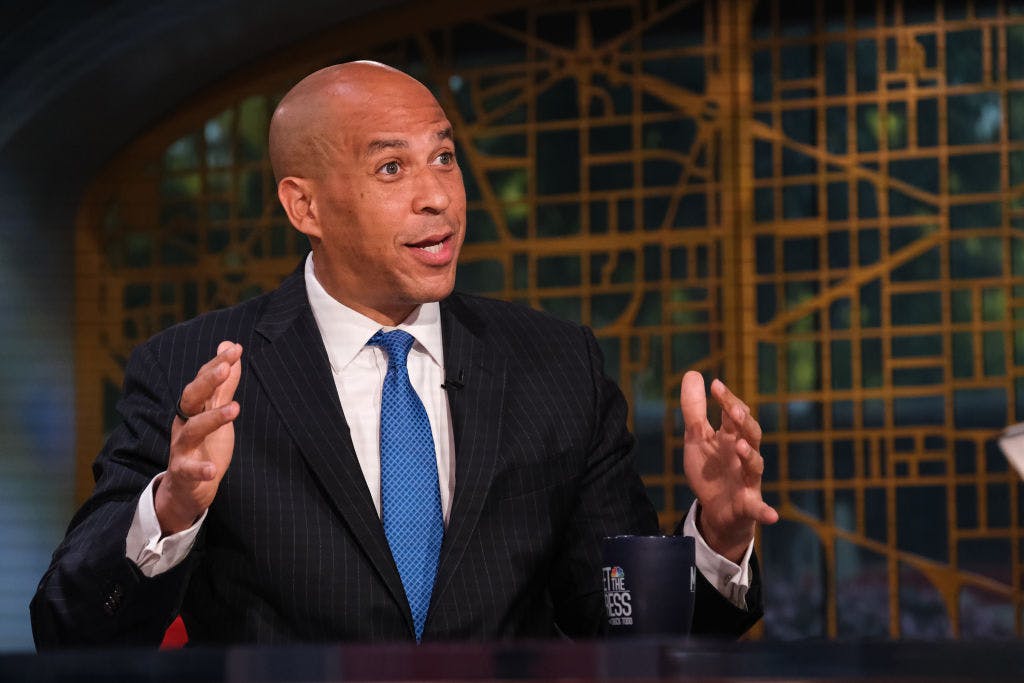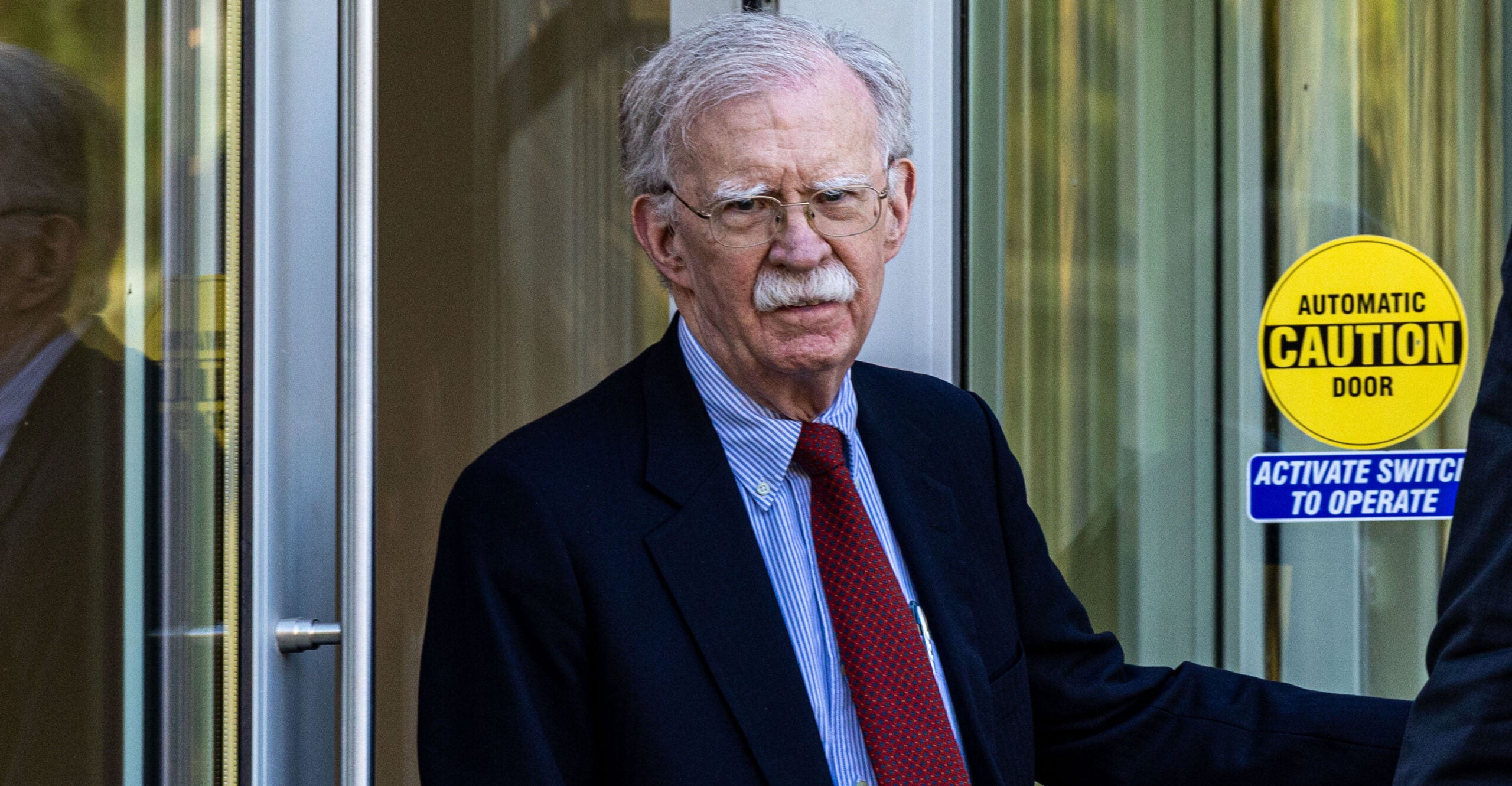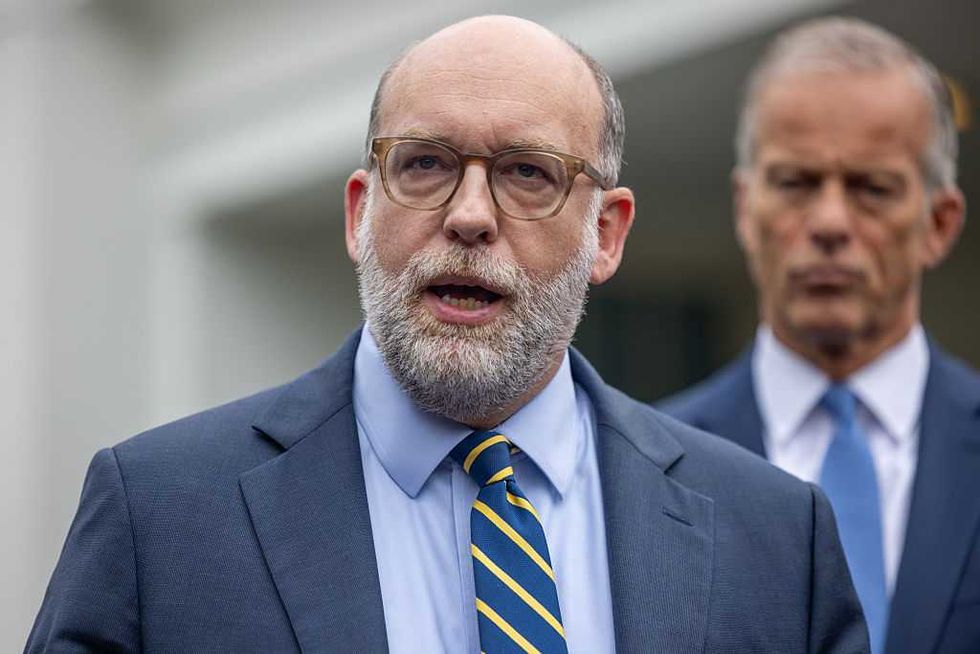Extending the Trump Tax Cuts’ Small Business Provisions Is Critical for Main Street
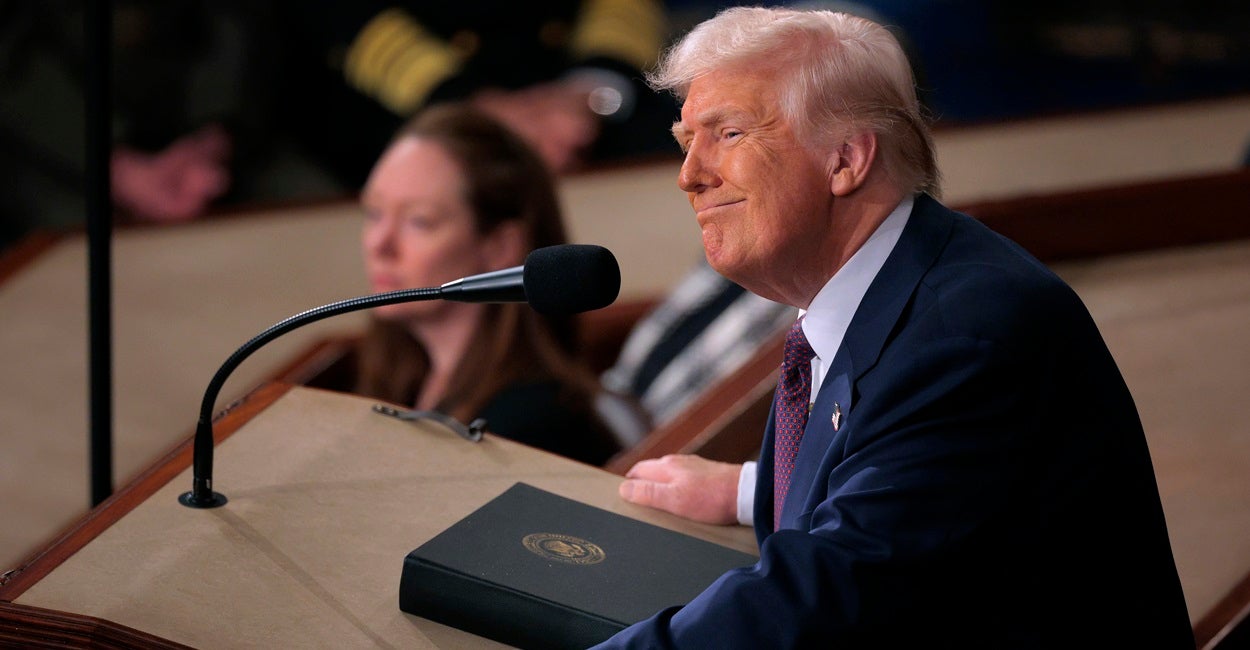
Congress has a decision to make. Hang American small business owners out to dry, or lock in a tax system that allows America’s entrepreneurs to thrive?
That’s the question Congress must answer when deciding whether to renew critical expiring provisions of the 2017 Tax Cuts and Jobs Act.
Passed by Congress less than a year into President Donald Trump’s first term, Tax Cuts and Jobs Act implemented tax cuts, structural reforms and simplifications that helped produce the booming American economy of 2018 and 2019. The results? Fifty-year unemployment lows and rapid gains in median household income—prosperity that would have continued apace if not for COVID-19 and the ensuing massive glut of federal spending.
But if the Tax Cuts and Jobs Act is allowed to expire at the end of the year, nobody will be hit harder than small businesses.
Before the Tax Cuts and Jobs Act, flaws in the tax code discouraged businesses from investing in machinery and equipment by not allowing them to fully deduct those costs in the year they made those investments.
Instead, the tax code spread out those deductions for five, seven, 10, 15 or 20 years—an eternity for a small business owner scraping by with tiny profit margins and limited access to credit.
This kind of system would be especially harmful in the high-inflation environment that’s resulted from the breakneck pace of federal spending during the early 2020s. By the time deductions for machinery and equipment could be fully claimed, inflation could wipe out much of those deductions’ value.
It makes no sense to have a tax code that penalizes business owners for investing in their factories, workers and communities. But that flawed, old system has been phasing back in for the past three years and will return in full force in January if Congress doesn’t act.
Small startup tech companies—which spend heavily on research and experimental costs—face a similar situation.
Since 2022, they’ve had to delay 90% of many research-related deductions to a later tax year, including deductions related to employee compensation, material and supplies, the cost of obtaining a patent, and other valid business expenses. How are these small businesses supposed to innovate, scale up and compete with existing big tech companies when the tax code punishes them for doing so?
Since the Tax Cuts and Jobs Act’s passage, it has helped shield family businesses like farms and ranches from a devastating 40% federal tax on assets passed down to family members.
In general, death taxes especially hurt asset-rich and cash-poor businesses. Most of the value of a ranch or farm is in the land, structures, machinery and cattle. It’s not sitting in a bank. Grieving family members shouldn’t be forced to grapple with whether to literally sell the farm to pay a severe double tax.
But, if the Tax Cuts and Jobs Act provisions are allowed to expire, the death tax will expand – meaning the death of many family businesses.
Millions of small business owners benefited from the 20% pass-through deduction (known as Section 199A), which is set to expire at the end of the year. It had a larger impact on the amount of taxes paid by entrepreneurs and small business owners than anything else in Tax Cuts and Jobs Act. While this provision can certainly be reformed or improved, simply letting the provision lapse would slam Main Street businesses hard.
The Tax Cuts and Jobs Act’s small business tax provisions have been in place for nearly eight years, over which time much has transpired—including the rise of new taxes, spending and regulations. Over that same period, thousands of small businesses were crushed by COVID-19 lockdowns and restrictions.
Now is not the time to pull the rug out from under those that remain. At a time where faith in American institutions is critically low, small businesses are one of the only institutions that Americans of all stripes still widely trust.
Extending the Tax Cuts and Jobs Act isn’t about slashing taxes for corporations, as some might mischaracterize what’s at stake. In fact, corporate taxes would only rise modestly if the Tax Cuts and Jobs Act expires. Rather, extending the business provisions in the Tax Cuts and Jobs Act is about avoiding an unprecedented tax hike that would hammer small businesses, main street, workers and the American economy.
Originally published by ArcaMax.
The post Extending the Trump Tax Cuts’ Small Business Provisions Is Critical for Main Street appeared first on The Daily Signal.
Originally Published at Daily Wire, Daily Signal, or The Blaze
What's Your Reaction?
 Like
0
Like
0
 Dislike
0
Dislike
0
 Love
0
Love
0
 Funny
0
Funny
0
 Angry
0
Angry
0
 Sad
0
Sad
0
 Wow
0
Wow
0

